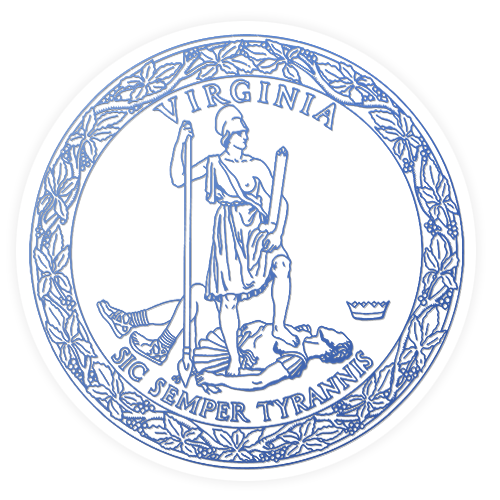
RICHMOND – Today, Governor Northam announced that Virginia received another $9.76 million in federal grant funding to help fight the opioid epidemic. This is the second consecutive year that the Department of Behavioral Health and Developmental Services (DBHDS) received a State Targeted Response Grant from the Substance Abuse and Mental Health Services Administration (SAMHSA), an agency of the U.S. Department of Health and Human Services. The continued funding will help Virginia’s Community Services Boards (CSBs) to provide many of the services and supports needed to fight the opioid crisis, including prevention, treatment, and recovery services for Virginians struggling with addiction across the Commonwealth.
“The opioid crisis has had a devastating toll on communities across the Commonwealth and there are still too many Virginia families losing loved ones to addiction and overdose,” said Governor Northam. “We know that for many Virginians, CSBs are the primary provider of mental health services and substance abuse treatment. With these grant funds, we can continue to build upon the important partnerships between public safety and public health officials, and also provide the critical medications, counseling and support services to help individuals in recovery.”
“Our community-based resources must be innovative and targeted to effectively address this challenge on the local level,” said Secretary of Health and Human Resources Dr. Daniel Carey. “The State Targeted Response Grant will help our partners, the CSBs and community coalitions, make strides in reducing the number of opioid overdoses and related deaths.”
“Efforts made possible by this grant will help Virginia take the fight against the opioid crisis directly to local communities,” said Dr. Hughes Melton, DBHDS Commissioner. “We will be able to provide more therapy and proven medications to treat people struggling with addiction and develop better strategies for communities to prevent substance abuse before it even starts.”
The grant money will be used to continue efforts from the previous year to purchase medication, support medical staff necessary to prescribe and oversee clinical treatment, and to remove barriers to accessing treatment, such as transportation. These funds will also help provide the counseling and case management necessary to help individuals with opioid addiction stabilize their lives and begin the process of recovery.
This year’s grant permits additional resources to be directed toward prevention of opioid use through strengthening existing local community coalitions that have formed across the Commonwealth to address addiction and rising drug overdose rates.
In 2017, more than 1,200 Virginians died from opioid overdoses, including prescription opioids, heroin, and fentanyl. Virginia emergency departments reported more than 10,000 visits for opioid and heroin overdose treatment, and EMS workers reported more than 4,000 uses of naloxone, an overdose-reversal drug.
Grant funds will be used to fight the opioid epidemic in the following ways:
The 24 CSBs were selected as part of the grant application, based on statistical measures of need. Amounts to each community are currently being determined and will be based on specific needs as assessed by overdose rates and other factors.
MAT and other addiction treatments are part of DBHDS’ System Transformation Excellence and Performance (STEP-VA) plan, an innovative program for individuals with behavioral health disorders featuring a uniform set of required services, consistent quality measures, and improved oversight in all Virginia communities. The next phases of STEP-VA include completing the work required for all of Virginia’s CSBs to implement Same Day Access, the installment of primary care screening and tight linkages to medical providers in all CSBs, addressing existing gaps in outpatient services, and including ensuring ongoing medication assisted treatment for substance use disorders.
# # #